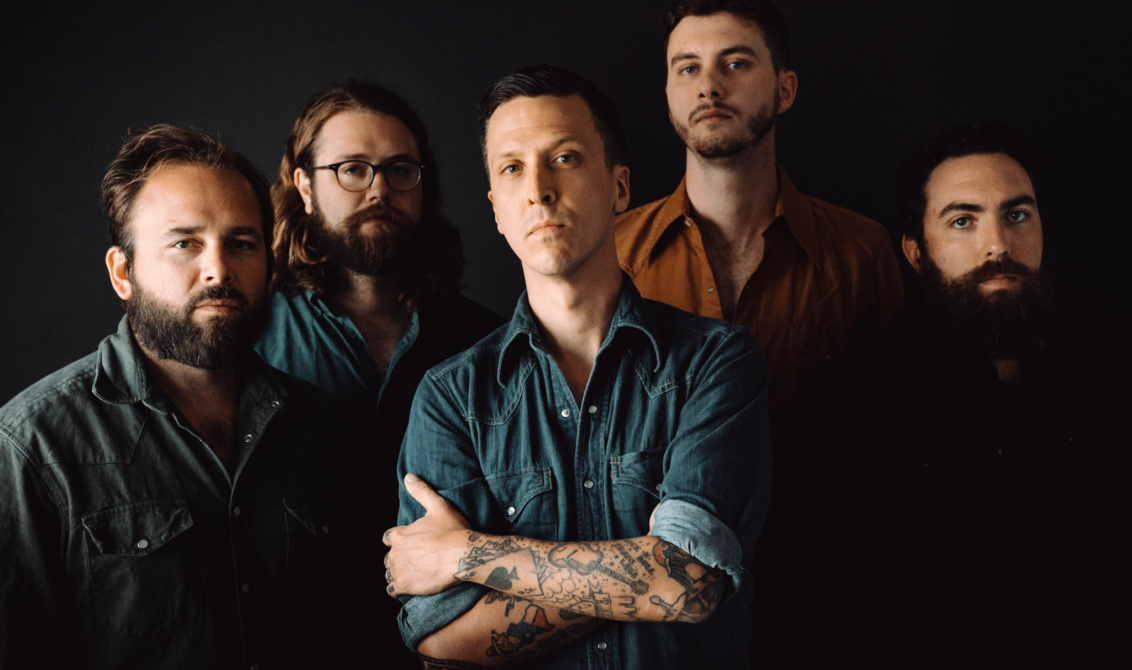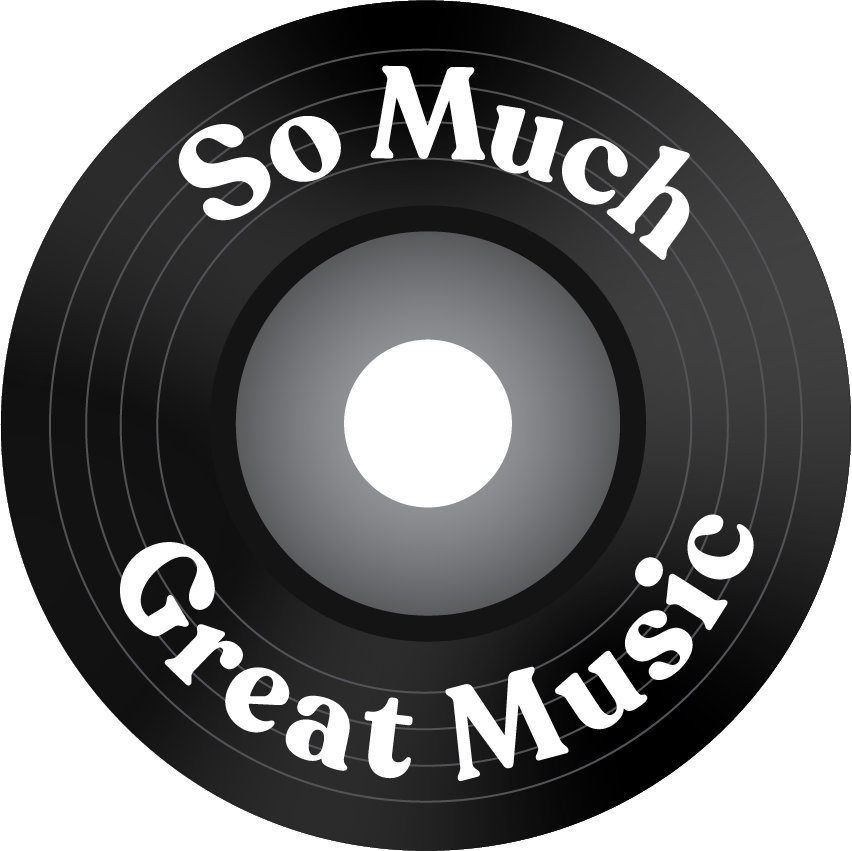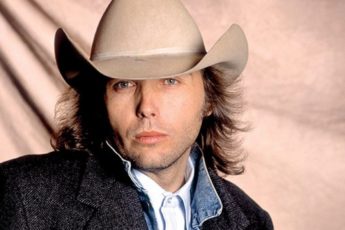
A lot of times nowadays I go to bed at night thinking the country’s become a pretty messed up place, only to wake up feeling a little bit worse. I‘m pretty sure I’m not alone. I take some solace reading news accounts of other times – decades, generations or even centuries before – when circumstances may have, at the time, seemed similarly dismal, perhaps bordering on hopeless. Yet somehow things survived and people moved on. For the most part, that’s true. Thanks, perhaps, to the better angels of our nature, as Lincoln once famously said, or at least something like that. You take the long view and you can still try to see that. I take comfort, too – strength, even – when I hear that sentiment reinforced through the potency of a beautifully written line in an expertly crafted song. Some songwriters have that gift, to connect to that feeling. I guess, maybe to burrow through to your soul. It doesn’t necessarily have to be anything too fancy, or too poetic; in fact, for me it’s better if it isn’t. It just has to reach you, and hit you in your gut.
I heard such a line recently, written and sung by BJ Barham, world-weary 36-year-old leader and unadulterated lyricist of the North Carolina band American Aquarium. The song from which it derives, ‘The World Is On Fire,’ is superb and impressive in its entirety. But for me, the record reaches its bracing apex, both musically and emotionally, with the closing line of the chorus:
“We must go boldly into the darkness / And be the light”
Simple. But impactful and fortifying. It stopped me in my tracks when it first came through my earbuds – literally: I was walking in my neighborhood when it played from a Spotify playlist and its straightforward yet urgent call jolted me to halt my hurried gait. And I thought about those better angels.
While a fan-favorite in their native North Carolina and a standard-bearer of the Americana and Outlaw Country music scenes, American Aquarium isn’t the kind of band you’re likely to see on a Grammy stage or to receive much mainstream notoriety. Nevertheless, I suggest this as being a song for our times, our difficult and confusing times. Maybe somehow it’ll grow to be more widespread, gain more acclaim, and actually become a song for all times. Doubtful, but who knows. Regardless, it got me in my gut. And, at least for a moment, it did what great songs can do – like the simple line from a long-ago Florida band, Lynyrd Skynyrd, singing then about citizenry of Alabama: “They pick me up when I’m feeling blue / Now how ‘bout you?”
Well, how ‘bout you?






PrayThroughHistory
November 15, 2019 6:25 pmDid some shows in the South with AA. Big fun! They can bring the party!